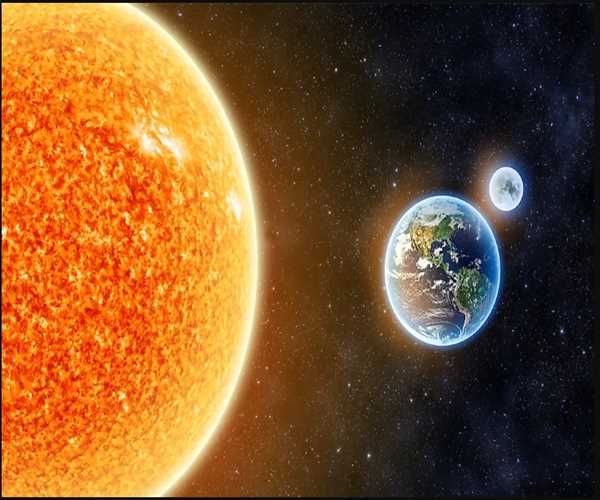Why is the Sun important for life on Earth?
The Sun is fundamental for life on Earth in several ways. Here's why it's so crucial:
Energy Source: The Sun is the primary source of energy for most living things on Earth. Plants use sunlight through photosynthesis to convert it into food (glucose) and release oxygen as a byproduct. This process forms the base of the food chain, as animals depend on plants for energy and herbivores are eaten by carnivores.
Heat and Temperature Regulation: The Sun's radiation warms the Earth's surface, maintaining temperatures that allow liquid water to exist. Liquid water is essential for most life forms as we know them. The Sun's heat also drives weather patterns, including wind and ocean currents, which influence global climate and distribute heat around the planet.
Daylight and Night Cycle: The Earth's rotation relative to the Sun creates the day-night cycle. This cycle is crucial for many biological processes, such as plant growth, animal sleep patterns, and migration behaviors.
Vitamin D Production: Sunlight exposure helps our bodies produce Vitamin D, which is essential for bone health, immune function, and cell growth.
Without the Sun's life-giving energy, Earth would be a cold, dark, and lifeless rock.

Comments
Post a Comment
Thanks